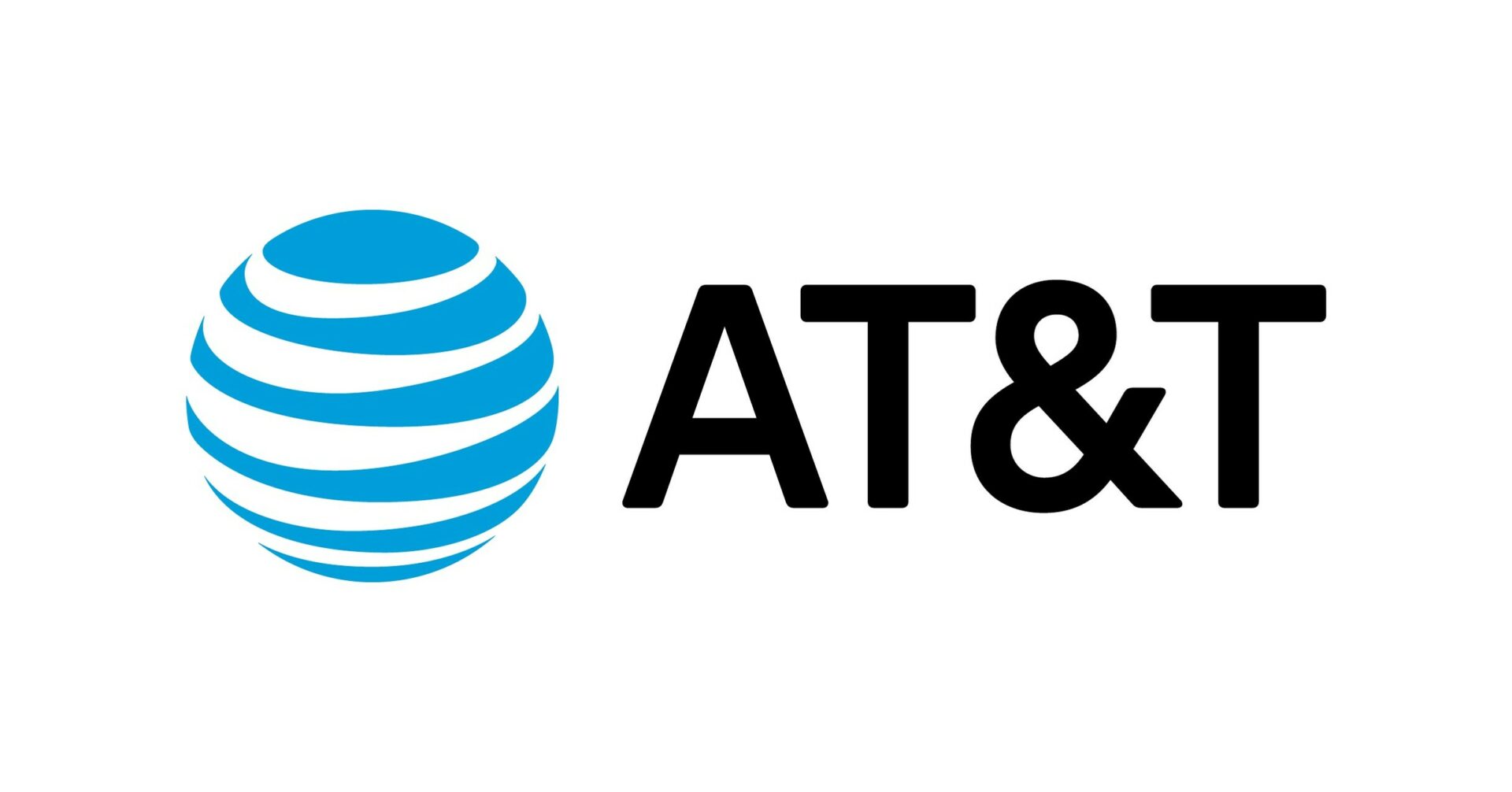The short code 889 is a legitimate messaging number used by AT&T to send official account alerts, notifications, and verification codes to its customers. If you’ve received a text from this 3-digit number, it is an authentic communication from AT&T regarding your wireless, internet, or U-verse account.
This article will explain exactly why you might receive a text from the 889 short code, whether the messages are safe, and how you can manage the types of alerts you receive.

Who Uses Short Code 889?
The short code 889 is exclusively used by AT&T. It serves as one of their primary channels for Application-to-Person (A2P) messaging, which means it’s an automated system sending one-way communications to customers. You can trust that a message originating directly from this number is from AT&T’s official systems.
Common Reasons You Might Receive a Text from 889
AT&T uses the 889 short code for a variety of important, non-promotional account notifications. You will typically receive these texts after taking a specific action related to your account.
Common reasons include:
- Account Verification & Security: When you log in to your myAT&T account from a new device or request a password change, AT&T will send a temporary security code from 889 to verify your identity.
- Order Confirmations: After purchasing a new phone, upgrading your device, or changing your plan, you will receive a confirmation message.
- Billing and Payment Alerts: You may get texts notifying you that your monthly bill is available, a payment is due soon, or confirming that a recent payment has been processed.
- Data Usage Warnings: AT&T sends alerts from 889 to let you know when you are approaching the high-speed data limit on your plan for the current billing cycle.
- Appointment and Technician Reminders: If you have scheduled a technician visit for an installation or repair, you will receive reminders and updates from this number.
Is Short Code 889 a Scam?
No, messages that come directly from the official short code 889 are legitimate communications from AT&T and are safe.
However, you must be aware of a scam tactic called “smishing” (SMS phishing). Scammers may send you a fraudulent text from a different number (like a regular 10-digit number) but mention the 889 short code to seem more credible.
Follow these security tips:
- Never click on links in unexpected text messages, even if they mention AT&T.
- Never reply with personal information, passwords, or financial details. AT&T will never ask for this via text.
- A real verification code from 889 should only be entered on the secure, official AT&T website or myAT&T app that you have opened yourself—not through a link in a text.
How to Stop Messages from Short Code 889
Because most messages from 889 are transactional and related to account security, you cannot opt out of all of them (for example, you will always receive a verification code when you request one).
However, you can manage your communication preferences for other types of alerts:
- Log in to your account on the official myAT&T website or app.
- Navigate to your Profile.
- Find the section for “Communication Preferences” or a similar setting.
- From there, you can choose how you want to receive alerts about your bill, data usage, and other notifications.
For general SMS marketing (which typically doesn’t come from 889), you can almost always reply with the standard commands STOP to opt-out or HELP for more information.
Frequently Asked Questions
Is the 889 short code from Verizon or T-Mobile?
No. The 889 short code is registered and used exclusively by AT&T for their customer communications. Verizon and T-Mobile use different short codes for their alerts.
I received a text from 889 with a verification code I didn’t request. What should I do?
This is a serious security alert that means someone may be trying to access your myAT&T account. Do not share the code with anyone. You should immediately log in to your account on the official AT&T website and change your password to secure your account.
Can I text the 889 number back?
The 889 short code is an automated, one-way communication channel. You cannot have a conversation with it. Replying with standard commands like STOP or HELP may work, but it will not connect you to a customer service agent.
Are texts from short code 889 free?
Yes, messages sent to or from an official short code like 889 are typically considered standard-rate messages. If your mobile plan includes unlimited texting, you will not be charged extra for these alerts from AT&T.
Conclusion
In summary, the short code 889 is the official, legitimate number used by AT&T for sending essential account alerts. These messages are safe and are meant to help you manage your account and keep it secure. While the messages themselves are trustworthy, always be vigilant about potential “smishing” scams from other numbers and manage your alert settings directly through your official myAT&T account.


